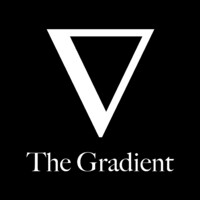
The New Curiosity Shop
The New Curiosity Shop was established in 2003 to provide high quality online courses in a wide range of topics. We encourage learning for the pleasure of learning, and our short courses are designed to stimulate thinking, provoke questions and provide opportunities for our students to explore ideas. Now we are taking the next natural step and bringing our philosophy into epublishing. Visit our site to take a look at our first books to appear under the Curious About banner.






